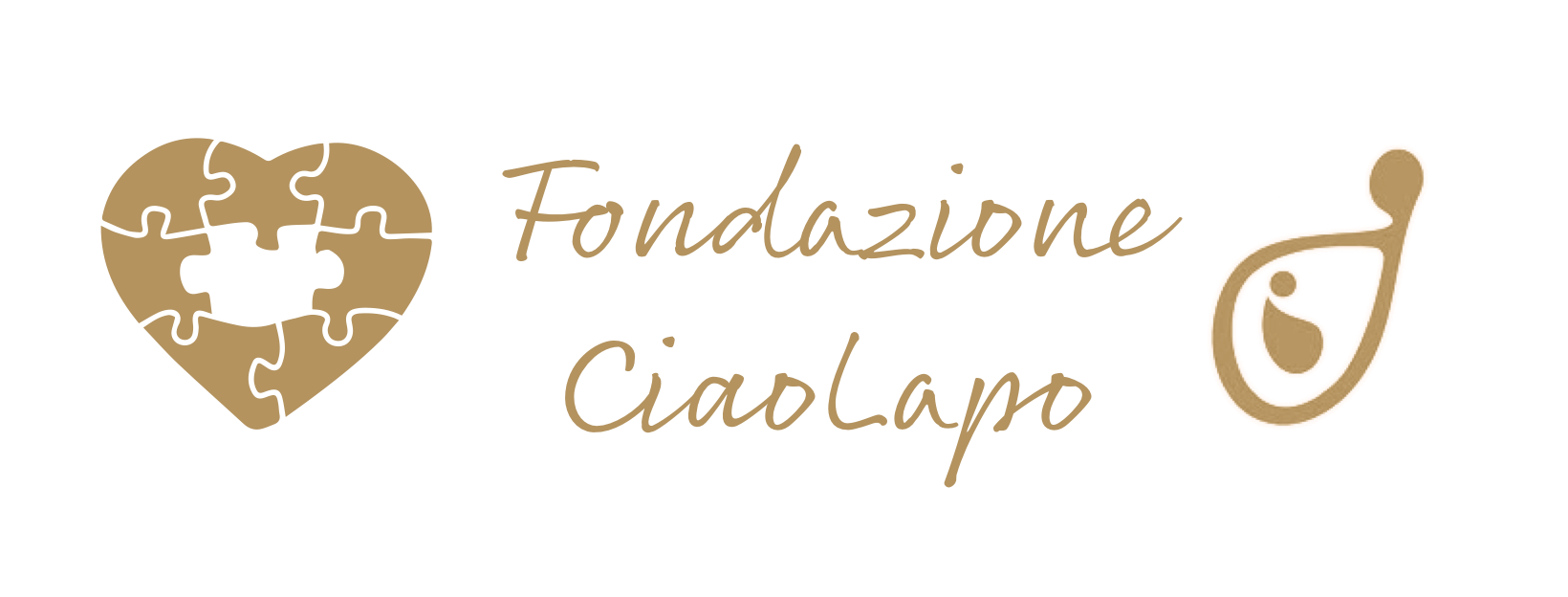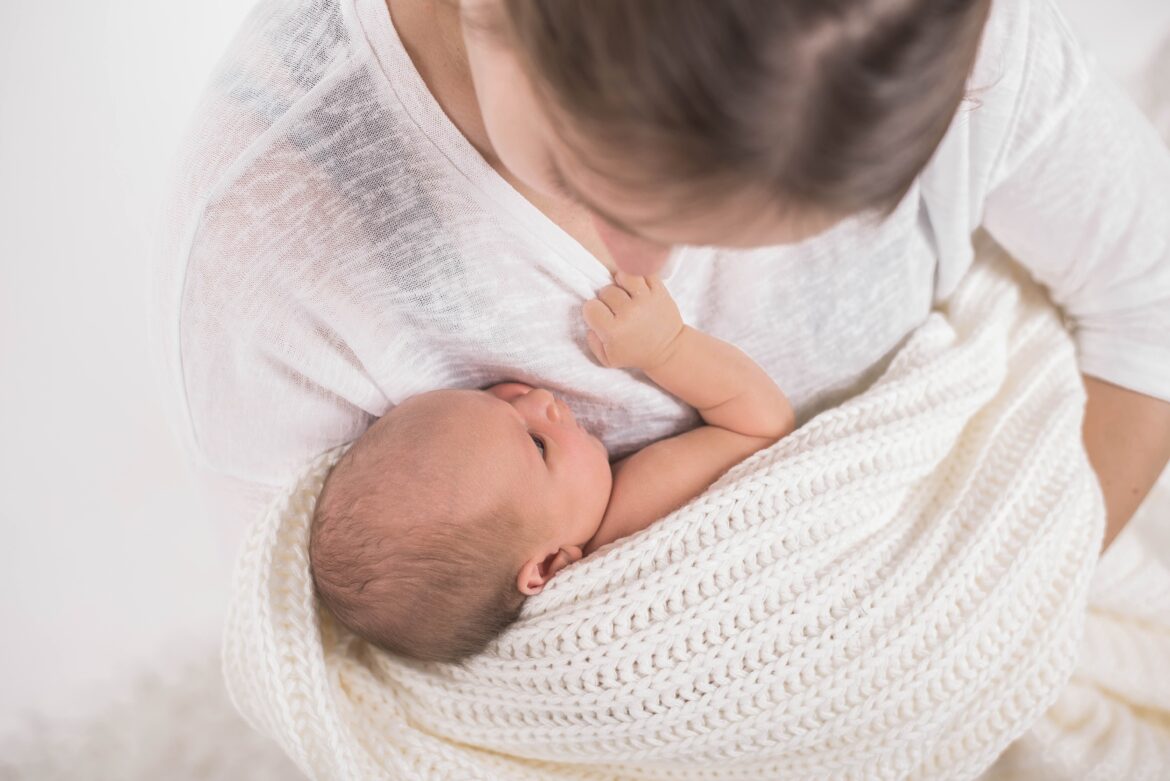When we talk about the health of the fetus, infant, and young child we generally think of the health of the body, that is, the physical health and all that it is important to do, right from pregnancy, to try to protect and improve it.
We are well aware that the protection of maternal and fetal physical health is of paramount importance: one hundred years ago, due to precarious living conditions, war, poverty, hunger, and the absence of a national health service, the mortality rate at delivery, after birth, and under five years of age was in fact about 200 children per thousand births. Today, this number has dropped to about 2.5 per thousand, thanks to improvements in antenatal and pediatric care and timely treatment of the most complex situations: to give one example, in utero and perinatal death rates have also improved slightly over the past two decades.
Since the early 2000s, more attention has finally begun to be paid to the psychological health and relational well-being of boys and girls as well, right from pregnancy: many organizations, associations, and foundations, have begun to make concrete efforts to improve the overall health and well-being of boys and girls, and have also begun to address the health and well-being of expectant parents. Numerous studies since World War II have emphasized that in order for every child to grow up healthy and well, it is necessary to safeguard and protect not only their physical health, but also their psychological and relational well-being.
What can make the difference and enable each child and young girl to achieve the best possible level of health and well-being is the loving and caring care of the referring adults.Although we have known this for many years, even though experts and institutions recommend responsive parenting, the public nevertheless struggles to recognize its potential and often downplays the importance of responsive care or even criticizes it.
Because of this distance between institutions and ordinary people, many families and parents do not know that they have a very important tool for their own well-being and that of their children and therefore do not use it. Raising a child without cultivating their responsiveness is a missed opportunity, both for the well-being of the parents and the children.
What does it mean to be a responsive parent?
Responsive parenting is the ability of adults to “be there” and respond to the needs of that specific child in a prompt, loving and appropriate manner. It is a daily exercise, a practice, responsive parenting, which is learned in the field, day after day, even from misjudgments and wrong answers:
it is not about fulfilling all of the child’s requests as if they were orders,
it is about being in relationship and offering the most appropriate and welcoming responses possible, given the circumstances.
Being responsive also means being able to notice when that child needs to communicate with us, being able to understand the message he or she is sending (even if it is only with a look or a gesture), and responding consistently to the request. Being responsive means waiting for the request and not anticipating all of them, so as to “get it done sooner” or “get everything right right away.”
Simplifying a lot, being responsive means, for example, intercepting the different tones of crying, learning to distinguish which one means hunger, which one tiredness, which one annoyance etc…, but also returning a smile or smiling first, calmly and confidently. Being responsive also means standing beside the child in his or her first explorations, paying attention and patiently encouraging.
Responsivity is an attitude of the parent or caregiver of reference that allows for the initiation of true emotional dialogue, in which the child feels seen, heard, welcomed, because we observe, see, think of him, and thanks to our presence, physical and psychic, allow him to explore and grow. This connection, made of attunement and growing trust, has extraordinary effects: not only on the affective level, but also on the development of language, mind, emotions and even the body.
In fact, according to the most recent studies, taking care of mental and relational well-being ALSO improves the health of the body: this should not surprise us, because we are our body, our mind is part of the body, and body and mind represent a continuum, thanks to a complex system of exchanges between the various brain areas, the glands that produce our hormones and thus preside over the functioning of organs and apparatuses.
Responsive care produces effects on growth and development.
Cultivating our responsiveness is an investment in the health of the next generation (and our own)
According to a review of the scientific literature published by the World Health Organization, children who grow up with responsive parents develop higher IQs, have fewer behavioral problems, and are more sociable and confident. And these effects last over time, well into adolescence. Not only that: responsiveness, as we said, also protects physical health. In poorer countries, malnourished children who receive loving and attentive care grow better, talk earlier, are more active: these are children who, despite having to deal with some physical health problems, are doing well overall, thanks to the quality of the relationship with their caregivers.
Can we learn to be more responsive?
To be more responsive you learn!
Every parent, if well supported, can make great progress, even when, for a whole host of reasons, responsiveness is not really his or her strong suit.
Pregnancy is an extremely valuable time to train responsiveness, to learn to pay attention to the little things, and also to start comparing yourself with other people who are going through the same experience.
These are some interventions that promote responsiveness:
- peer support, right from pregnancy, is an invaluable resource for both parents, and even grandparents.
- Psychoeducation with trained practitioners to deal with the difficulties and uncertainties of parenting together
- Mindfulness, a valuable resource for the health of parents and children;
- group meetings that promote the sharing of reading, singing, music, massage or free play between mother and child or father and child;
- Home visits by experienced perinatal staff.
The CiaoLapo association activated the Rainbow Project a few years ago, which offers support to parents coping with a pregnancy following one or more previous losses and promotes peer self-help, stress management with mindfulness, and the sharing of reading aloud from picture books, right from the belly, among other things.
All these strategies help parents become more attentive and aware.
To raise a child, it takes a village to nurture parents so that parents can nurture their children in a responsive relationship.
Why is it so important to talk about responsive care after perinatal bereavement?
After perinatal bereavement, the subsequent pregnancy can be experienced with strong mixed emotions: hope and fear, joy and anxiety, fear that everything will happen again, and nostalgia for the child who is gone.
In this delicate situation, pregnancy can become a tunnel, a long and very stressful one: for the parents, who also feel that they love this new, often much sought-after and desired child very much, it can be equally very difficult to focus day after day on the child and actively inhabit, with participatory attention, gentleness and tenderness, the relationship they are building with him. After a traumatic event, it is difficult to let go fully of experiencing the love, lightheartedness and joy of presence, especially when all around us people, family members, friends, doctors, health care providers are asking us to “stop thinking about the bad things of the past” and to “think positive,” increasing the sense of inadequacy and anguish that accompanies many post-bereavement pregnancies.
Difficulties in fully and responsively experiencing new parenthood do not cease even after birth, even when all is well, from the point of view of physical health: responsivity can be affected by grief that has not yet been fully processed, by the worry that something bad might happen anyway, by the need to control everything, as if we were in perpetual emergency, by the extreme fatigue caused by anxiety, and by the lack of a village that welcomes us as we are, and allows us, month after month, to exercise responsivity and benefit from the gratification that the responsive relationship offers us adults as well.
After a perinatal bereavement, as well as if we have complicated life histories, or if we have had strenuous childhoods, it can therefore be very difficult to practice the art of responsiveness, to learn how to recognize and learn how to respond responsively to our infant’s signals: to know what can make a difference, to know what kind of help to ask for, to know that we are not the worst parents on earth and that the first thousand days are a time we have to improve, to be “good enough” parents, and to better nurture our relationship with our child and thus his or her health reduces fatigue and improves everyone’s well-being.
In conclusion
Being a responsive parent is a daily practice: we learn, and we can always improve, because everything is constantly changing, our child is growing by the minute, and every moment is the right time to cultivate mutual good and provide a safe and welcoming base for our little one.
Responsiveness takes time and slowness: this moment in history emphasizes speed and result at the expense of process, we need to rush, become autonomous immediately, show skills that are never innate but require to be built and validated over time: it is true for parents, it is true for infants, infants and children.
Daily interactions, cuddles, games, sweet words, inhabited “heart-to-heart” silence, exchanging welcoming glances, hugging, singing your songs, are not wasted time, are not vices, and do no harm to anyone.
However, if we feel daily too tired, angry, confused, sad to do these things, this could be a sign of fatigue that calls for structured support: the sooner we ask for help, the sooner we can put the difficult times behind us, which normally affect15 out of 100 new mothers without previous perinatal bereavements and as many as 30 out of 100 new mothers with perinatal bereavements behind them.
Unfortunately, studies on dads, and few here, tell us that being a responsive dad after bereavement can be an exhausting process.
You are not alone; there is always a village that can understand your feeling, of parents “between heaven and earth.”
Insights
I have explored the topic of responsiveness in two essays recently published by UPPA editions:
The Heroic Journey of Parenting, 2024, which you can purchase at this link
Mindfulness – Stress-free parenting and children, 2025 which you can purchase here

